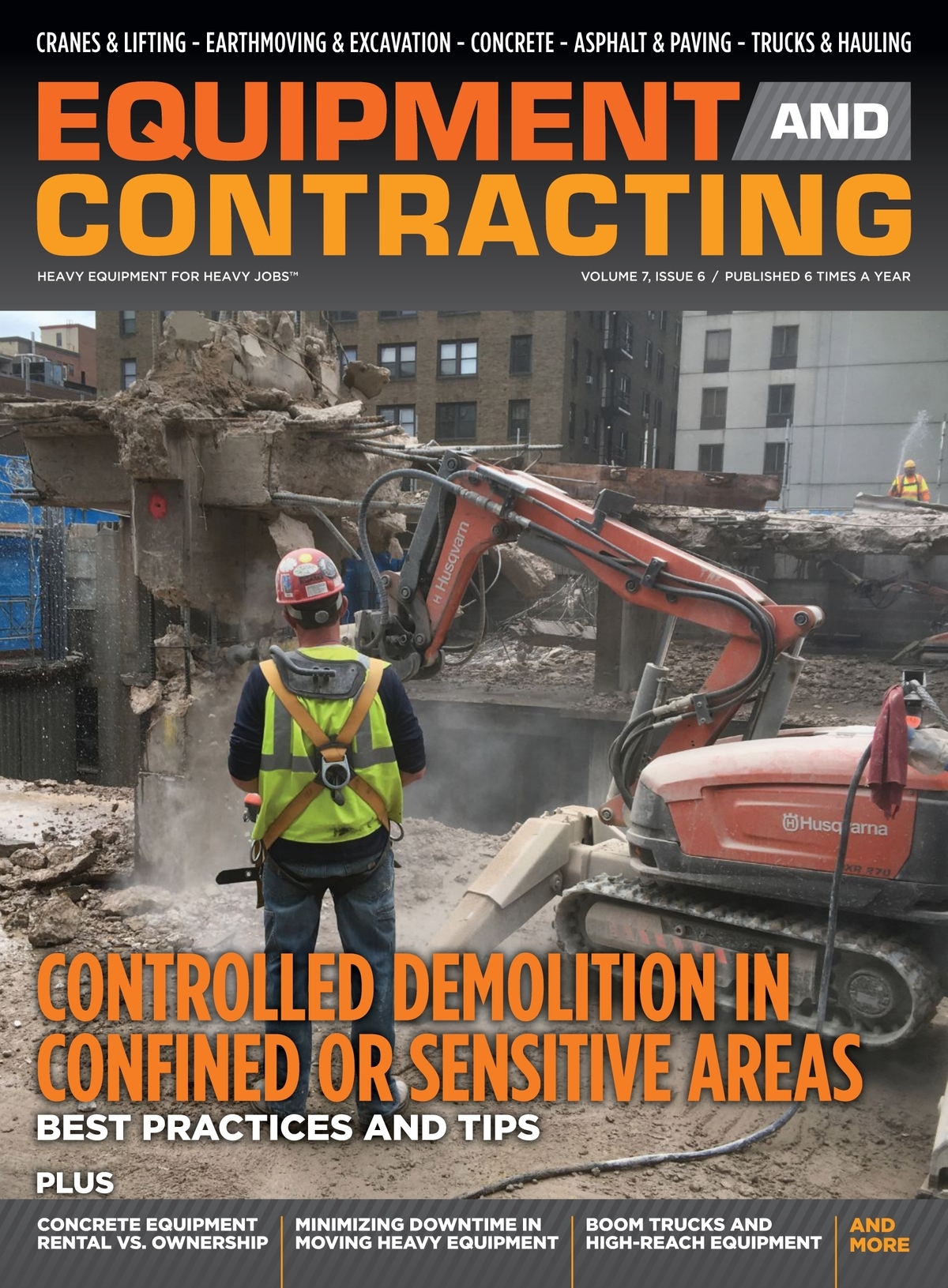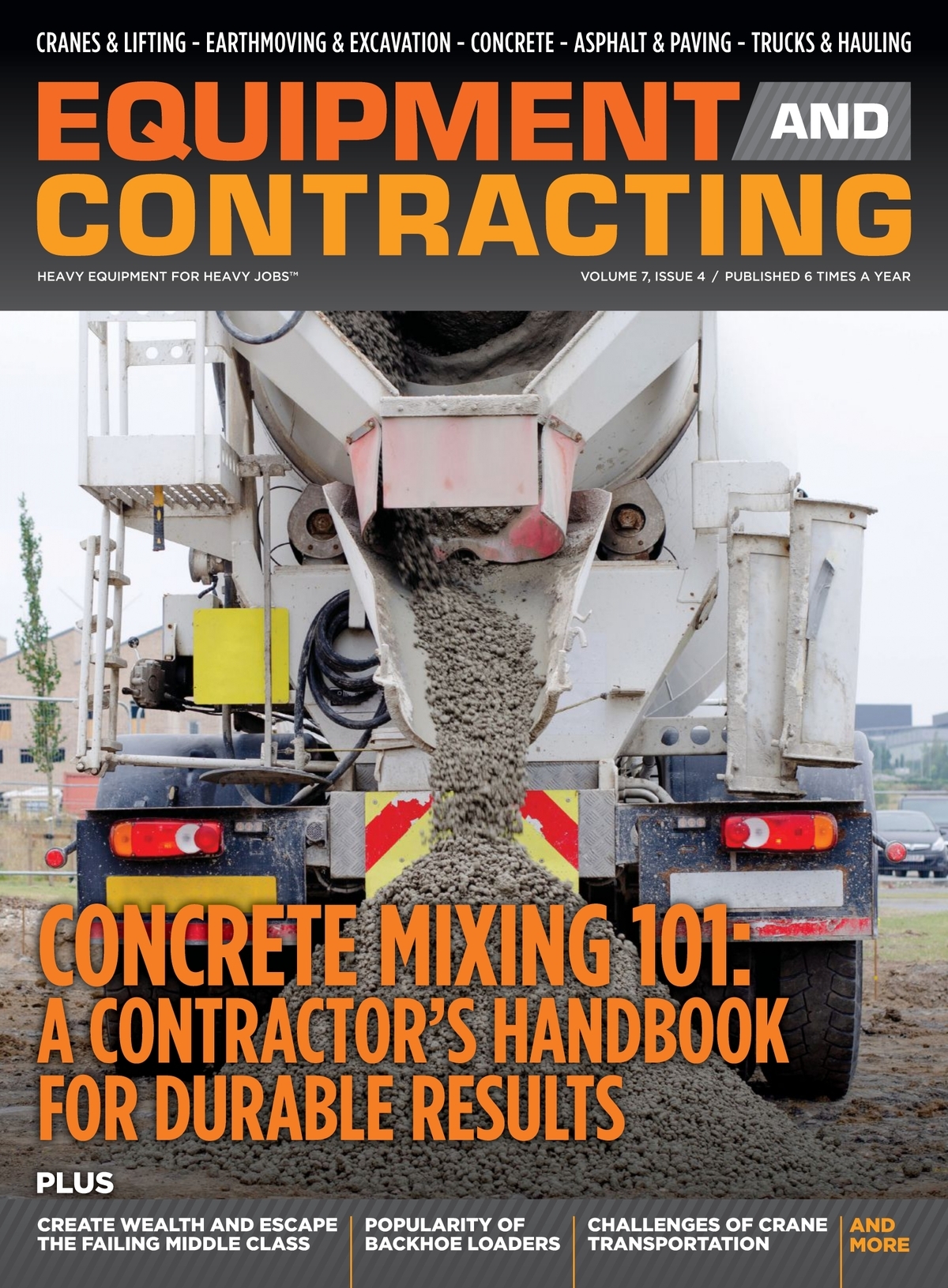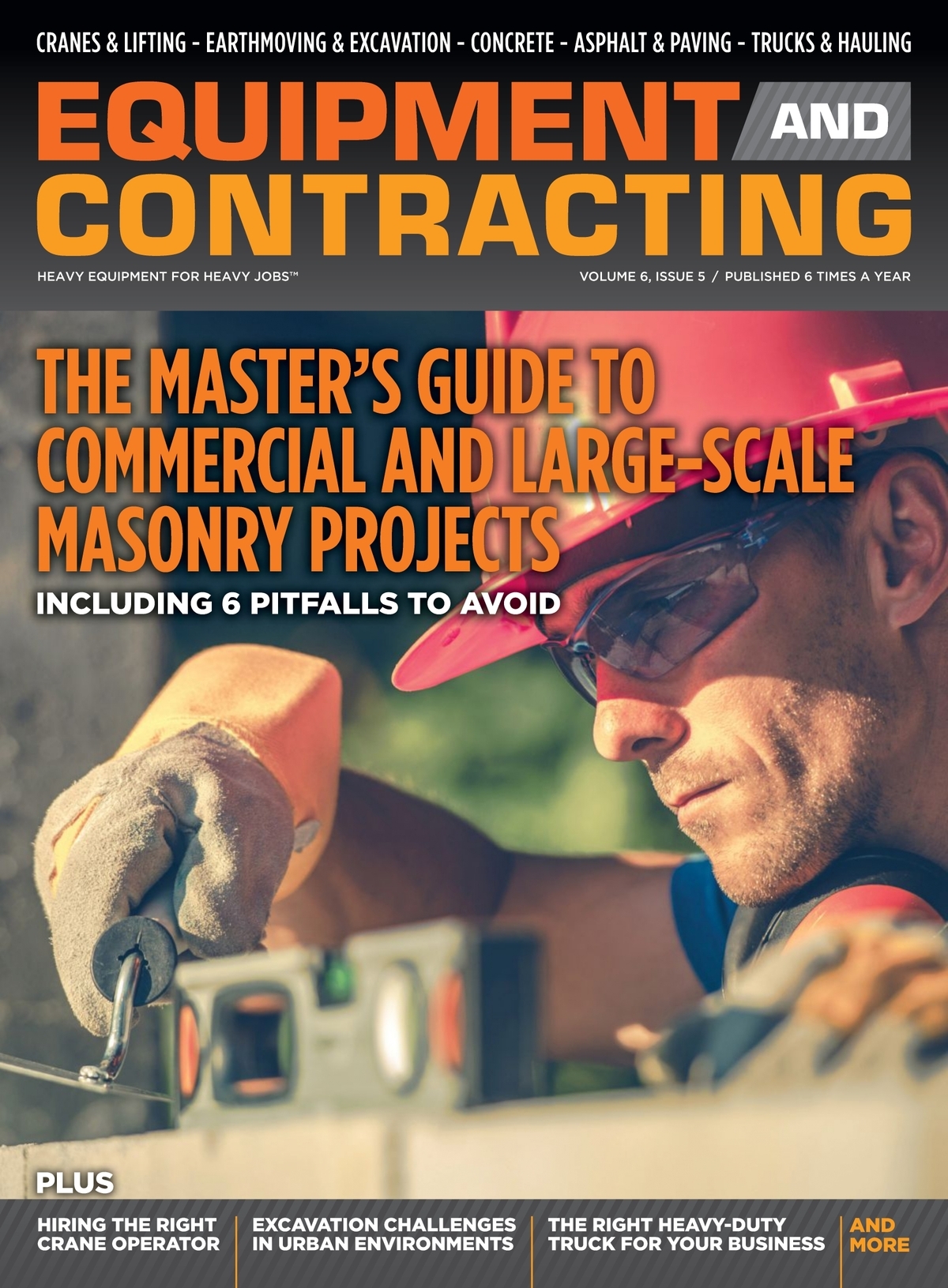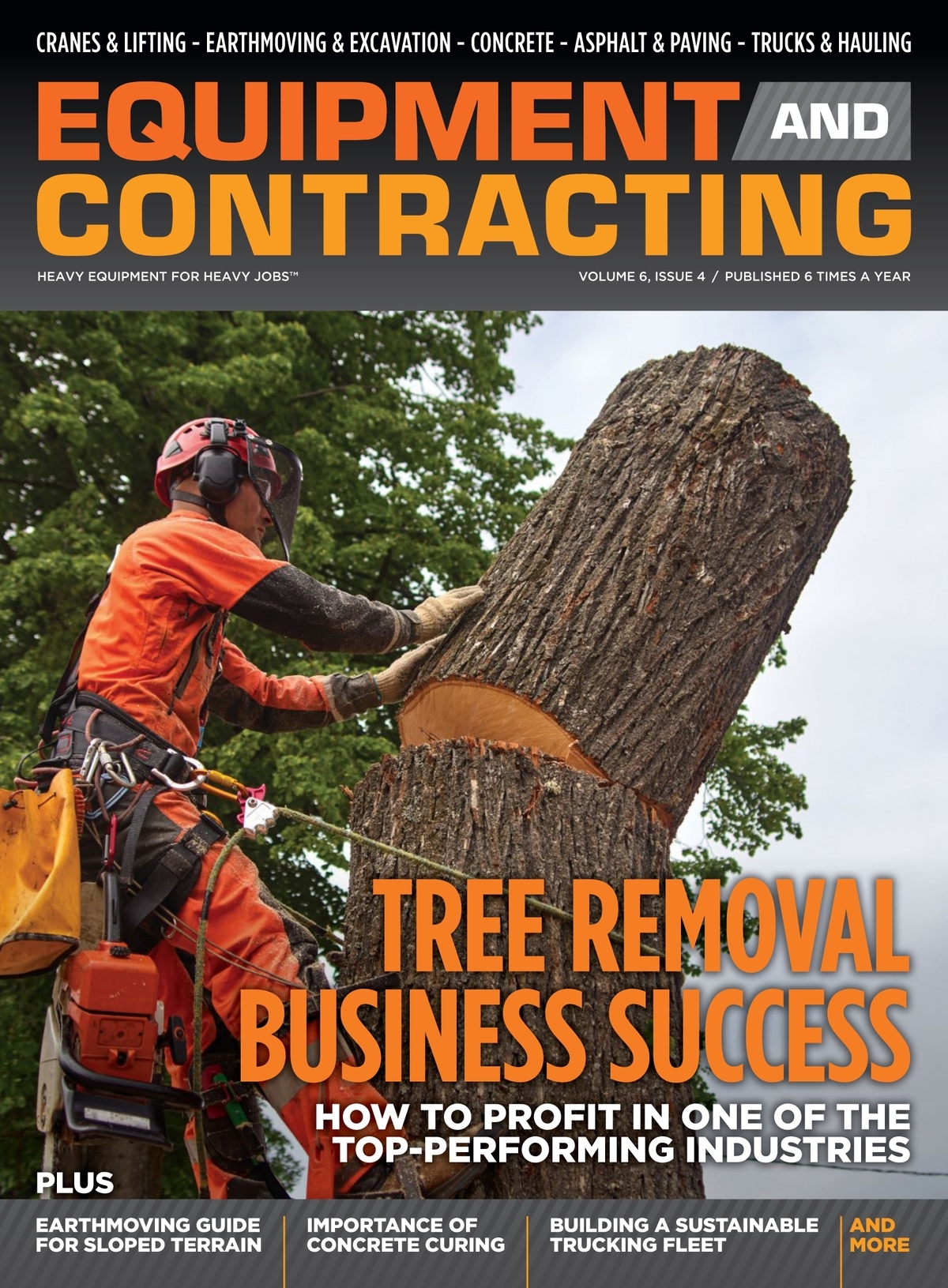
View the complete article here.
What is Contractor Fraud?
Whether you’re trying to avoid getting scammed yourself—or whether you want to make sure you’re abiding by the law, it’s crucial to understand what exactly contractor fraud is.
Contractor or construction fraud is when a contractor or subcontractor engages in an illegal activity with a building owner, general contractor, developer, project manager or any other person involved with the construction of a residential or commercial property.
As we see on the local news all the time, residential contractor fraud typically targets senior citizens, young home buyers, and immigrants. Typically, the contractor attempts to scam the homeowner into perform repairs or other type of work on their home that is not necessary.
Commercial contractor fraud is typically more elaborate, involving more money and larger, commercial projects. Examples include bribery, kickbacks, and extortion. Oh yeah… and the legal consequences are worse too.
The Most Common Types of Contractor Scams
Now that we’ve defined exactly what contactor fraud is, let’s go over some of the most common types of construction scams out there…
1. Unsolicited Home Inspections
Home inspection scams are a type of contractor scam that involves an inspector offering a free home inspection. The inspector will then find numerous problems with the home that will require expensive repairs. The inspector may even offer to do the repairs themselves for an inflated price.
This type of scam is a problem, because it typically convinces homeowners to spend money on unnecessary repairs. Additionally, the scammer may not actually do the repairs properly—leading to further damage to the home.
2. Rock Bottom Deals on Repairs or Renovations
In this scam, the contractor will offer a very low price for the work, often promising to do the job quickly and without a proper contract. The problem with this type of scam is that the work is often shoddy and incomplete, and the contractor may not be properly insured or licensed. As a result, you could end up paying much more for the repairs than you would have if you had chosen a reputable contractor.
If you’re considering hiring a contractor, be sure to get multiple bids and check references carefully. Don’t be afraid to walk away from a deal that seems too good to be true.
3. Falsifying Payment Applications or Invoices
This type of scam typically involves the contractor submitting false or inflated information in order to receive more money than they are actually owed. This can be a problem for both homeowners and businesses, as it can lead to overpaying for work that is not properly completed.
In some cases, this can also result in legal action being taken against the contractor. It is important to be aware of this type of scam and to carefully review any payment applications or invoices before signing off on them as a contractor.
4. Manipulating Change Orders or Schedules
One of the most common types of contractor scams is manipulating change orders or schedules. This often happens when a contractor gets behind schedule or runs into unexpected problems. To make up for lost time, the contractor may request that the scope of work be increased or that the timeline be extended.
However, these changes can often end up costing the homeowner more money. In some cases, the contractor may even threaten to walk off the job unless the homeowner agrees to their demands. This type of scam can be very costly and stressful for both homeowners and contractors.
5. Using “Leftover Materials” From Previous Jobs or Substituting/Removing Material
Some of the most common scams involve using leftover materials from previous jobs or substituting/removing material without the homeowner’s knowledge or approval. In either case, the goal is usually to save money by using cheaper materials or reusing materials that would otherwise be considered scrap.
Unfortunately, this can often result in subpar workmanship and lower-quality results… and even more serious consequences like accidents.
6. Demanding a Down Payment or Billing for Unperformed Work
Although there may be some exceptions, a contractor demanding a large down payment before any work has been performed is often a red flag that the contractor is not reputable. We’ve heard too many times the story of a shady contractor billing a client and skipping town.
Similarly, another common scam is billing for work that was never actually performed. This is common with projects that aren’t easily visible to the human eye—or to homeowners who have little knowledge of contracting work.
7. “I Don’t Need a Permit”
Have you ever heard “I don’t need a permit?” Or…
“The city turned me down for a permit, but I know how to do it so it will be fine.”
If you hear a contractor say either of these phrases, then run the other way!
Chances are, they are trying to scam you. Pulling a permit is one of the most important steps in any construction project. It protects the homeowner or project owner by making sure the work is done up to code and meets all local ordinances.
A contractor who tries to skip this step is not only breaking the law, but putting the homeowner at risk as well. In addition, permits are generally very affordable, so there is no excuse for cutting corners.
If a contractor tells you they can save you money by not pulling a permit—walk away. They are either lazy and their work will reflect this or they almost certainly trying to scam you.
8. Subcontractor Collusion or Bid-Rigging
Subcontractor collusion or bid-rigging occurs when two or more subcontractors agree to submit false bids to the primary contractor in order to inflate the cost of the project. The subcontractors may also agree to divide up the work among themselves in order to avoid competition.
This type of fraud can be difficult to detect and can have a major impact on the cost of a project. Contractors should be careful to choose their subcontractors carefully and to get multiple bids before awarding a contract.
9. Diverting Purchases and Stealing Equipment/Tools
Diverting purchases in another scam that is difficult to detect if you’re not careful. Believe me—it happens all the time, and homeowners and project owners don’t even realize it—a contractor pays for materials or equipment but then has them delivered to a different project site or keeps them for personal use. For that reason, it’s crucial that you check that invoice carefully!
And do contractors sometimes downright just steal equipment or tools from the jobsite? … You betcha.
10. False Representation
False representation occurs when a subcontractor lies about their employees, insurance, purchases, or other aspects of their business in order to win a contract.
For example, a subcontractor may falsely claim to have a certain percentage of minority workers on their staff in order to meet the requirements of a contract. If the contractor is later found to be misrepresenting their business, they may be held liable for any damages that occur as a result.
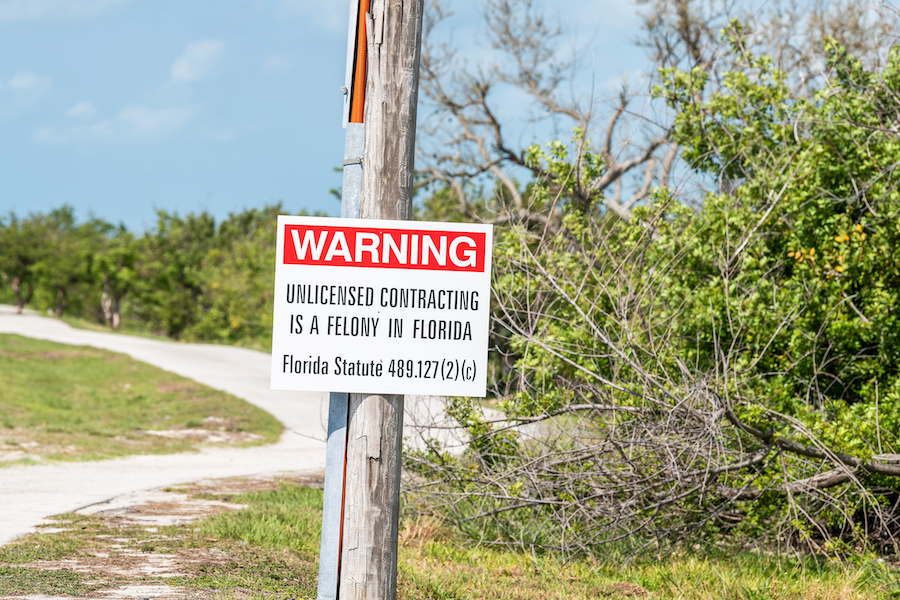
Red Flags to Watch Out For
What are the most common red flags that you should keep an eye out for while hiring a contractor?
- Be wary of any contractor who doesn’t have a physical address. I mean—who the heck doesn’t have a physical address?
- If a contractor refuses to provide a reference, they are either inexperienced or they have a shady past and should not be trusted. Either way, it’s not a good sign.
- If a contractor or project owner doesn’t want to get things in writing, this is a red flag. Whether it’s a detailed estimate of the work to be performed or the materials needed, get everything in writing…
- Be cautious of any contractor who asks for full payment upfront. A reputable contractor will usually request a deposit—but not the full amount. Like we mentioned before, it’s not uncommon for a “contractor” to take a deposit, and you never see them again.
- Lastly, trust your gut. The fact is—you never know 100% if a contractor has something hiding up their sleeve. If you have a bad feeling, walk away.
How to Avoid Contractor Scams
So what measures can you take to avoid being scammed? Here’s some of our favorite methods to protect yourself…
Only Hire Licensed Contractors with Insurance
Only hire licensed contractors with insurance. Both the homeowner and contractor should be protected. Construction is a business where anything can go wrong… anything.
Beware of Rock Bottom Bids and High-Pressure Sales Tactics
Rock bottom bids are often too good to be true, because they are. The contractor is likely cutting corners or using subpar materials.
And high-pressure sales tactics can be another sign that the contractor is more interested in making a quick sale than in doing a solid job. And—even if they did a good job—you don’t want to be doing business with someone who has an aggressive, obnoxious attitude.
If you’re approached with a rock bottom bid or pressured to make a decision on the spot—take a step back. It’s best to get multiple bids and take your time choosing the right contractor for the job.
Try Not to Prepay More than 10% of the Total Job Value
By law, each state has different regulations regarding the amount a contractor can ask for an up-front deposit so it’s crucial that you do your due-diligence and research these guidelines.
That being said, regulations for prepayment can range from less than 10% of the total job value to around 30%.
In our opinion, a 10% deposit is more than enough to show that you are serious about the project—while still protecting yourself in case the contractor doesn’t deliver on their promises.
However, there are some instances where a larger deposit may be required—like when special ordered materials need to be purchased. But, if you are asked to pay more than 30% of the total job value upfront, be sure to check your state’s laws to see if this is legal.
Do Not Pay in Cash
One of the easiest ways for a contractor to scam you is by asking to be paid in cash.
While it may seem like a reasonable request, paying in cash makes it extremely difficult to track expenses and leaves you vulnerable to fraud.
If a contractor demands to be paid in cash, it’s best to find someone else to do the job.
Get all Necessary Permits
We know—getting permits seems like an inconvenience, but it’s a solid way to protect yourself from both the law and unscrupulous contractors.
Getting permits requires the project owner and contractor to jump through some hoops, but this ensures that if accidents or mistakes happen on the job, the appropriate parties are protected… or held accountable.

Include a Procedure for Change Orders in the Contract
Like we mentioned earlier, one of the most common scams occurs when a contractor inflates the price of materials in order to increase their profits. To protect themselves, the project owner can have procedures in place for—what are known as—change orders.
In other words—before the project begins—the homeowner or project owner can ensure that the contract outlines what exact procedure should occur if the contractor—in the middle of the project—claims that they need more materials or time to complete the project.
For example, maybe the contract requires that the contractor is unable to charge more than 15% of the original material cost during the course of the project.
Don’t Hire on the Spot – Do Your Research and Get References
When a contractor offers a discount—but only if you hire them right there on the spot—it’s tempting, but approach a deal with this contractor with caution.
A reputable contractor will encourage you to take your time and do your due-diligence—which may include your own research on the project and even checking his or her references.
Always Have a Contract and Utilize Attorneys
We’d like to leave you with this final tip…
Always—always—always have a contract… and utilize an attorney who is an expert with construction law to assist you with your contract.
A contract is the best protection that you can get when it comes to protecting yourself against construction scams.
Be careful out there… and best of luck.
View the complete article here.
What are some common red flags to watch out for when hiring a contractor to avoid scams?
Common red flags include contractors without a physical address, reluctance to provide references, avoidance of written agreements, demanding full payment upfront, and using high-pressure sales tactics.
How can homeowners protect themselves from scams when hiring a contractor?
Homeowners can protect themselves by hiring licensed contractors with insurance, being cautious of rock-bottom bids and high-pressure tactics, limiting prepayment to a reasonable percentage (preferably less than 10%), avoiding cash payments, obtaining all necessary permits, including change order procedures in contracts, not hiring on the spot, and always having a detailed contract reviewed by a construction law attorney

